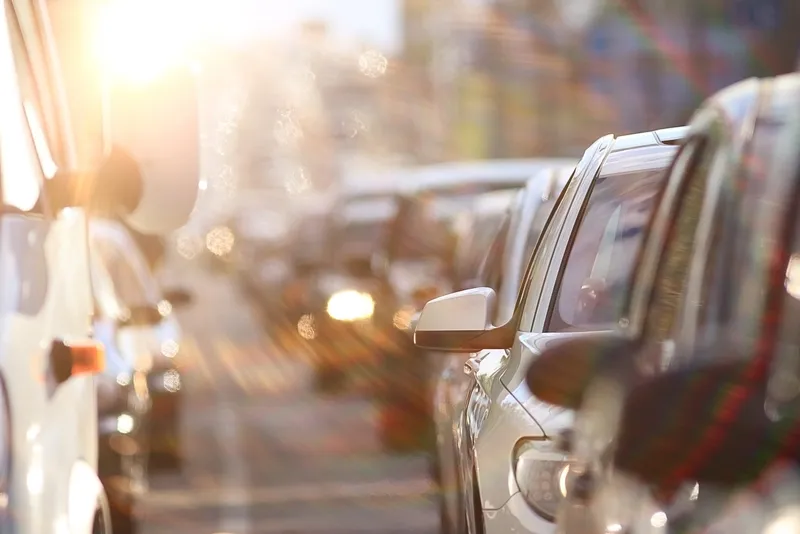The latest Inrix Traffic Scorecard, which analyses and ranks the impact of traffic congestion in 1,064 cities across 38 countries worldwide, indicates that Moscow topped the list as the most congested in Europe, where drivers spent 91 hours in 2016 in traffic congestion at peak hours. Of the 628 European cities analysed, drivers in Moscow spent over 25% of their total drive time (peak and non-peak hours) in congestion. London (73 hours) is second in the list of Europe’s most congested cities, followed by Pa
February 21, 2017
Read time: 2 mins
The latest 163 Inrix Traffic Scorecard, which analyses and ranks the impact of traffic congestion in 1,064 cities across 38 countries worldwide, indicates that Moscow topped the list as the most congested in Europe, where drivers spent 91 hours in 2016 in traffic congestion at peak hours. Of the 628 European cities analysed, drivers in Moscow spent over 25% of their total drive time (peak and non-peak hours) in congestion. London (73 hours) is second in the list of Europe’s most congested cities, followed by Paris (65 hours), Istanbul, (59 hours) with Krasnodar (56 hours) in Russia rounding out the top five.
At the global city level, Los Angeles tops the list of the world’s most gridlocked cities, with drivers spending on average 104 peak hours in congestion in 2016, followed by Moscow (91 hours), New York (89 hours), San Francisco (83 hours) and Bogota (80 hours). London ranked 7th out of the 1,064 cities analysed, after Sao Paulo at 6th where drivers spent 77 peak hours in congestion last year.
Of the 38 countries covered by the Traffic Scorecard, Thailand leads with the highest average hours spent in peak congestion (61 in 2016), outranking Columbia (47 hours) and Indonesia (47 hours) tying at second, and Russia (42 hours) and the USA (42 hours) joint fourth. The UK was 11th in the global ranking, fourth amongst developed nations, and the third most congested in Europe behind Russia and Turkey.
At the global city level, Los Angeles tops the list of the world’s most gridlocked cities, with drivers spending on average 104 peak hours in congestion in 2016, followed by Moscow (91 hours), New York (89 hours), San Francisco (83 hours) and Bogota (80 hours). London ranked 7th out of the 1,064 cities analysed, after Sao Paulo at 6th where drivers spent 77 peak hours in congestion last year.
Of the 38 countries covered by the Traffic Scorecard, Thailand leads with the highest average hours spent in peak congestion (61 in 2016), outranking Columbia (47 hours) and Indonesia (47 hours) tying at second, and Russia (42 hours) and the USA (42 hours) joint fourth. The UK was 11th in the global ranking, fourth amongst developed nations, and the third most congested in Europe behind Russia and Turkey.







